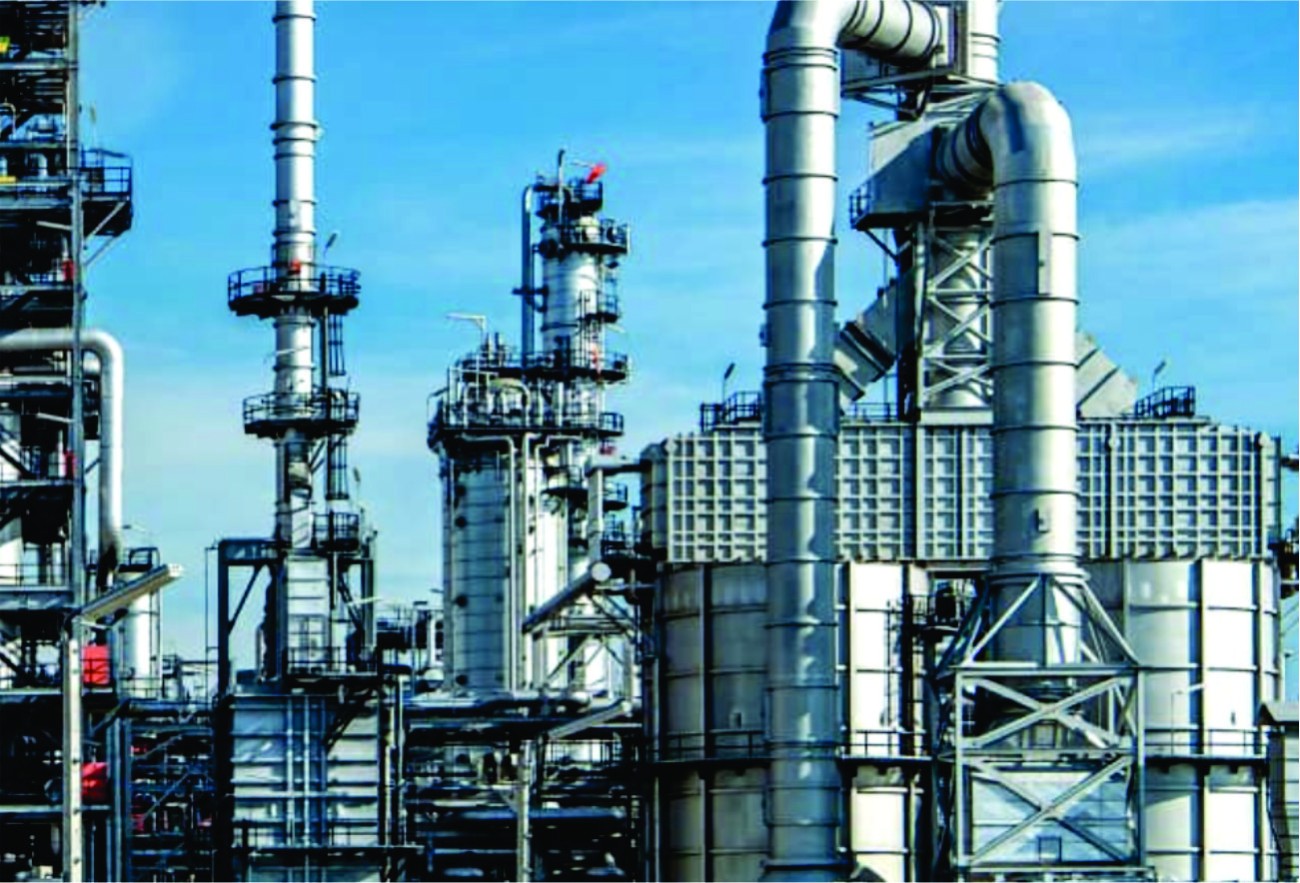Operations and Maintenance (O&M) Services for Petroleum Refinery
Wesimani in conjunction with her Foreign Partners has competency in the operation and maintenance of Petroleum Refinery with work streams of stabilization, optimization and modernization of the Refinery plant using adequate process management systems and best work practices.
Overview of Operations and Maintenance
Operations: Petroleum refineries convert (refine) crude oil into petroleum products for use as fuels for transportation, heating, paving roads, and generating electricity and as feedstocks for making chemicals. Refining breaks crude oil down into its various components, which are then selectively reconfigured into new products. Other Refining Operations include: light-ends recovery, sour-water stripping, solid waste and wastewater treatment, process-water treatment and cooling, storage and handling, product movement, hydrogen production, acid and tail-gas treatment and sulfur recovery.
Maintenance is the practice of protecting or restoring equipment in order to maintain function and integrity. As a critical component of an asset integrity management (AIM) program, maintenance engineers and technicians dedicate time to developing and implementing maintenance strategies that optimize production and use cost-effective maintenance techniques.
Typical maintenance techniques include cleaning, inspection, lubrication, testing, replacing, and/or repairing components. Furthermore, the responsibilities of a maintenance engineer may be predictive or preventive. The fundamental difference between predictive and preventive maintenance is that predictive maintenance is a continuous process based on the current condition of equipment whereas preventive maintenance is performed in scheduled intervals based on the age and remaining life of a piece of equipment.
Preventive Maintenance
The purpose of predictive maintenance is to prevent unscheduled shutdowns by predicting damage and failures before they occur. This can be done through inspection methods or utilizing sensors to collect data and measure the current condition of equipment during operation. For this reason, predictive maintenance is sometimes called condition-based monitoring. Although installing predictive maintenance measures can be costly, the result of such an investment shows an overall reduction in maintenance costs and facility downtime.
Corrective Maintenance
Corrective maintenance is performed on equipment in order to restore a failing piece of equipment back to its operating conditions. Here, it’s important that if maintenance technicians need to replace a component, that they follow specifications and if possible, replace components with original equipment manufacturers. Example of corrective maintenance repairs include welding, sealing, adjusting fixtures, etc.
Reliability Centered Maintenance
Reliability centered maintenance (RCM) is a framework that ensures that preventive, predictive, and corrective maintenance tasks are practiced in an efficient, reliable, and safe manner. The benefits of a well organized RCM framework include maintaining the integrity of components, extending the life of equipment, and eliminating unplanned shutdowns.
Wesimani is duly register as a Contractor to Warri Refining and Petrochemical Company for Maintenance and Procurement Services.

